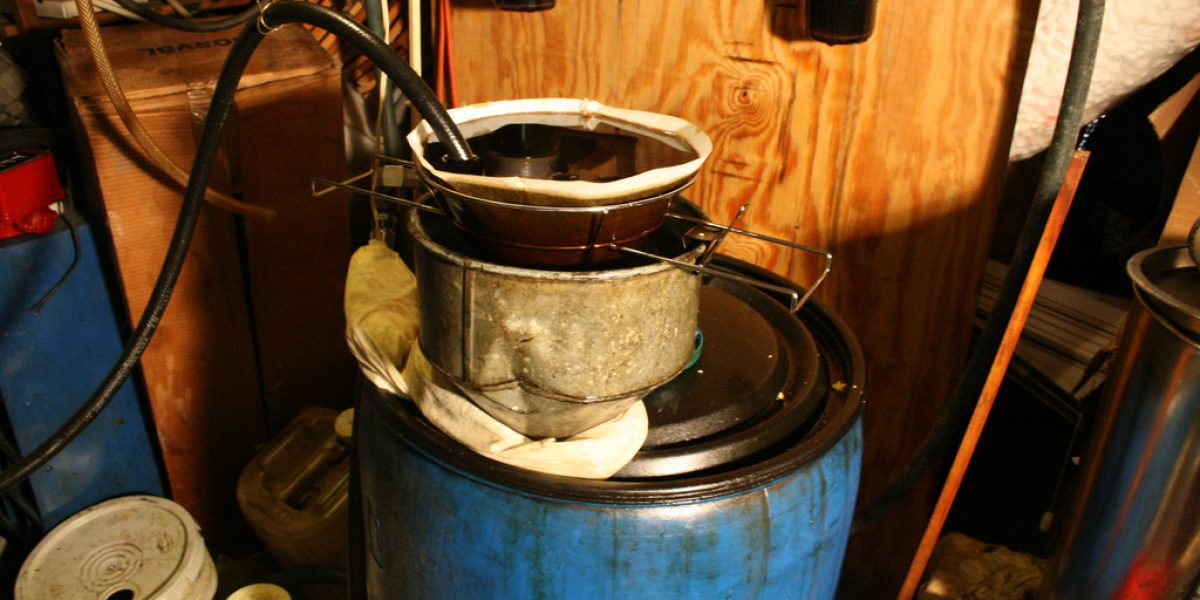Historical differences on biofuel and energy between Brazil and South Africa raise a number of questions about effective technology transfer. success of biofuel production in Brazil (bioethanol in particular) is recognised as a tangible point of collaboration in the India–Brazil– South Africa (IBSA) Forum. Sharing knowledge and systematic technology transfer on biofuels can strengthen co-operation between IBSA countries. But opportunities and pitfalls need to be assessed more rigorously to establish a feasible strategy for collaboration and development co-operation in Africa.
While biofuels may be a long-term energy solution for South Africa, and a way forward against climate change, gains from co-operation will depend on the country’s capacity to elucidate its own strategy, define priorities and develop institutions and policies equipped to manage biofuel development. Concerns about food security, social development and land reform tend to cross-cut the debate on energy and climate change at present.
SAIIA sincerely thanks those who acted as peer reviewers for these papers.








